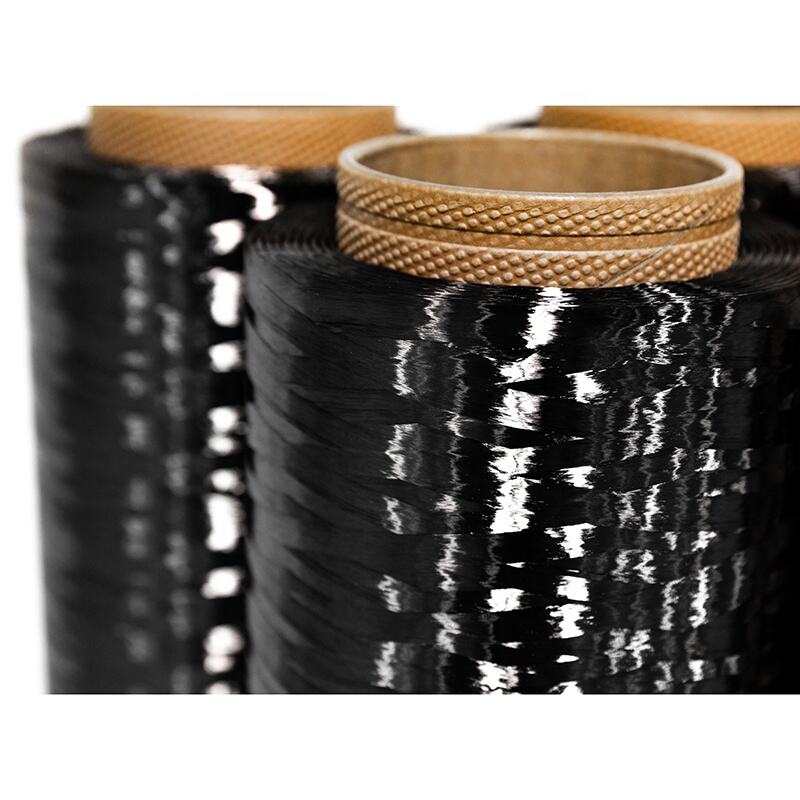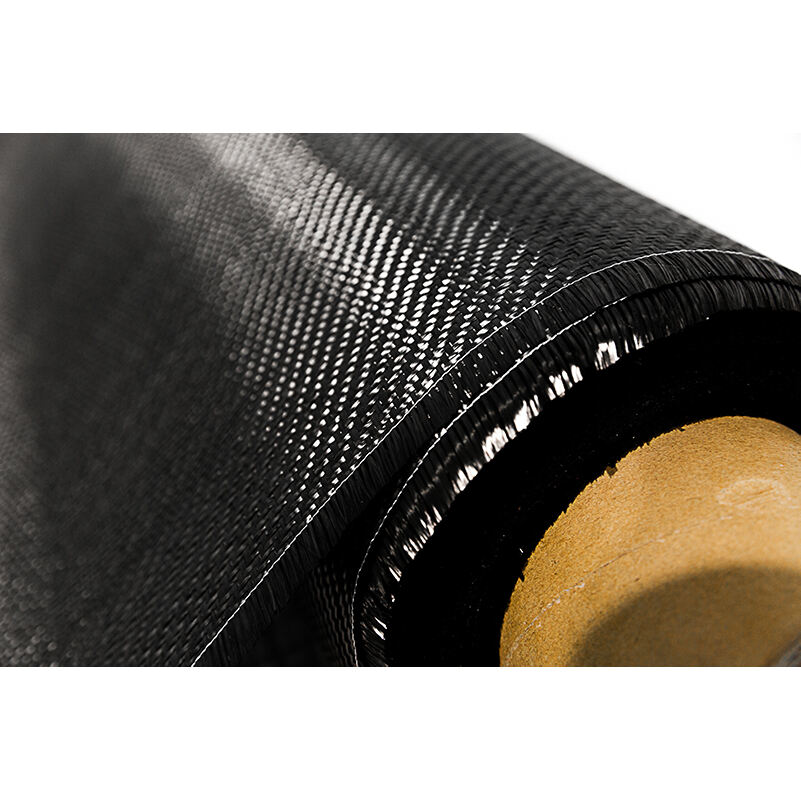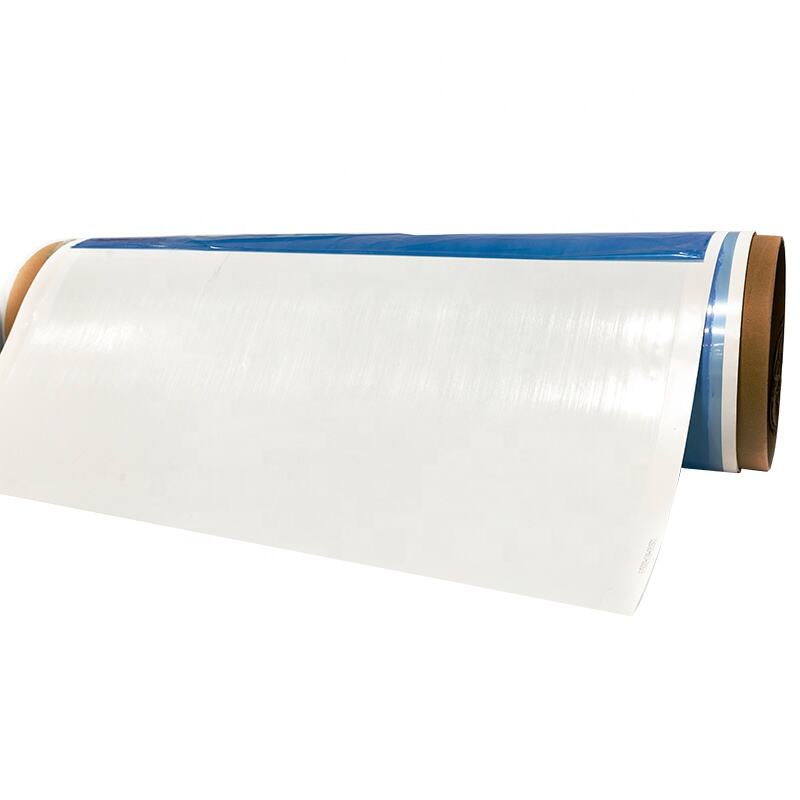carbon fiber tubing
Carbon fiber tubing represents a cutting-edge advancement in materials engineering, combining exceptional strength with remarkably low weight. These sophisticated components are manufactured through a precise layering process of carbon fiber sheets, meticulously wound and bonded with high-performance resins. The resulting tubes showcase an impressive strength-to-weight ratio that surpasses traditional materials like steel and aluminum. With tensile strength ratings often exceeding 500,000 psi and a density roughly one-fourth that of steel, carbon fiber tubing has become indispensable across numerous industries. The tubes are engineered with specific fiber orientations to optimize performance characteristics, including axial strength, torsional rigidity, and flexural resistance. They can be customized in various diameters, wall thicknesses, and lengths to meet diverse application requirements. The material's inherent resistance to corrosion, fatigue, and temperature variations makes it particularly valuable in demanding environments. Modern manufacturing techniques allow for precise control over fiber alignment and resin content, ensuring consistent quality and performance across production runs.


